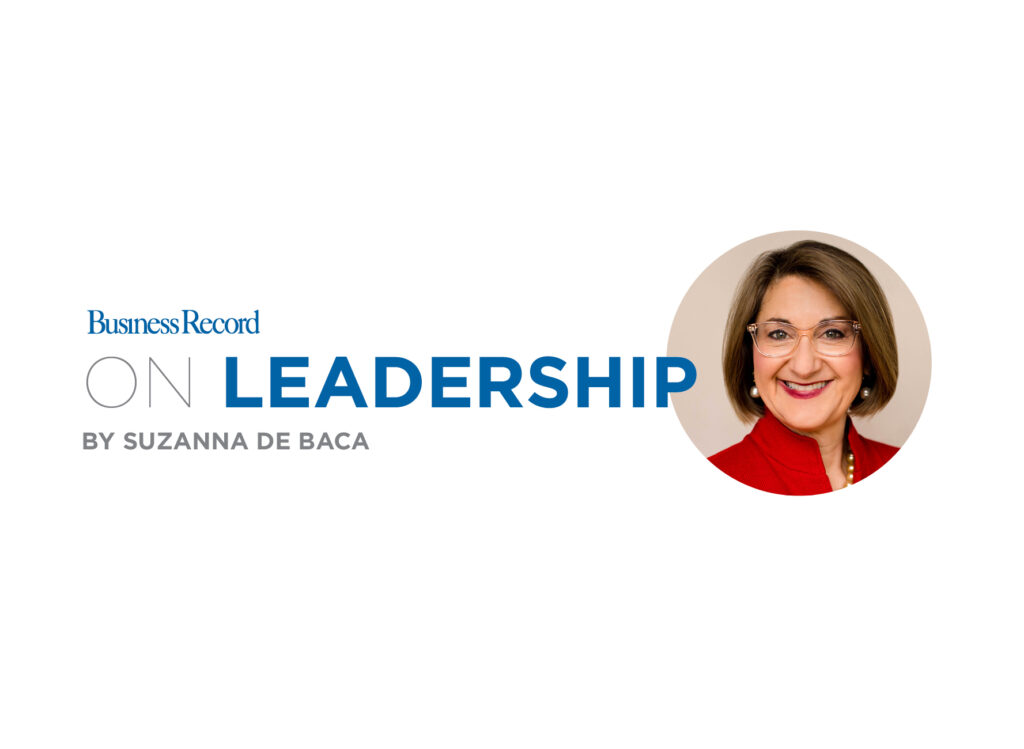McLellan: Marketing = transparency?

If you live in the agency world like I do, the word transparency gets batted around quite a bit.
A few years ago, some of the big, international agencies were caught with their hand in the media cookie jar. They were taking additional compensation from media outlets on top of the commission they were already earning. As a result, many of the largest brands in the world started demanding more transparency around billing and media buying from their agencies.
That new, heightened sensibility didn’t affect smaller agencies because they’d always been better about disclosing any fees, markups or commissions, and the dollars they dealt with weren’t big enough to create that sort of underhanded practice.
But today the demand for transparency is coming from a very different place – the consumers. Thanks to social media, internet access and the ready availability of just about anything on the web, brands and brand promises are being scrutinized much more closely and, as a result, held to new standards that many companies aren’t equipped to deal with.
We now live in a world where consumers not only expect brands to do as they say and actually honor their promises and values, but they are also quick to call them out when they don’t. A recent example of this happened to Unilever. They’re the parent brand of Dove products. Dove has positioned itself as an advocate for women. Their “discover real beauty” campaign was applauded worldwide for recognizing that the media’s idealized definition of beauty is unrealistic. Men and women declared their love for Dove and changed their buying habits, based on that campaign’s message.
Unilever is also the parent brand for the Axe brand of men’s grooming products, which seem to appeal mostly to 14-year-old boys. They recently launched a series of TV spots that depicted a young man who had just liberally doused himself with Axe body spray walking down the street. As he walked, scantily clad young women were knocking each other down to get to him. The very company that celebrated women of all shapes and sizes and criticized the world’s objectified view of women had just objectified women.
When you look at the Dove and Axe campaigns side by side, you can argue that the audiences are very different and the advertising messaging was on target for each audience. In the good old days, that probably would have flown. No one would have held the parent company to a single standard. But today, it did not. Today, it resulted in such a public outcry, by both the media and on social media, that Unilever had to pull the Axe ad campaign.
Here are some takeaways for all of us from that situation.
Consumers want to buy from brands who align with their values, causes and concerns: It used to be that your mission, vision and values were for internal purposes. But your buyers want to know what you stand for and what matters to you as much as your employees do. And like your employees, they expect it to be more than lip service.
It takes a long time to earn their loyalty, and one misstep to lose it: As a society, we are quicker to move to an extreme reaction than ever before. Social media fuels that outrage and gives the offended person an outlet for expressing it. Once the mob mentality kicks in, it’s easy to lose a very loyal customer or fan.
Being held to the standard of living your core values and doing what you say you’re going to do is not a bad thing. In next week’s column, we’ll talk about how to be proactive and protective of your brand and its promise.







